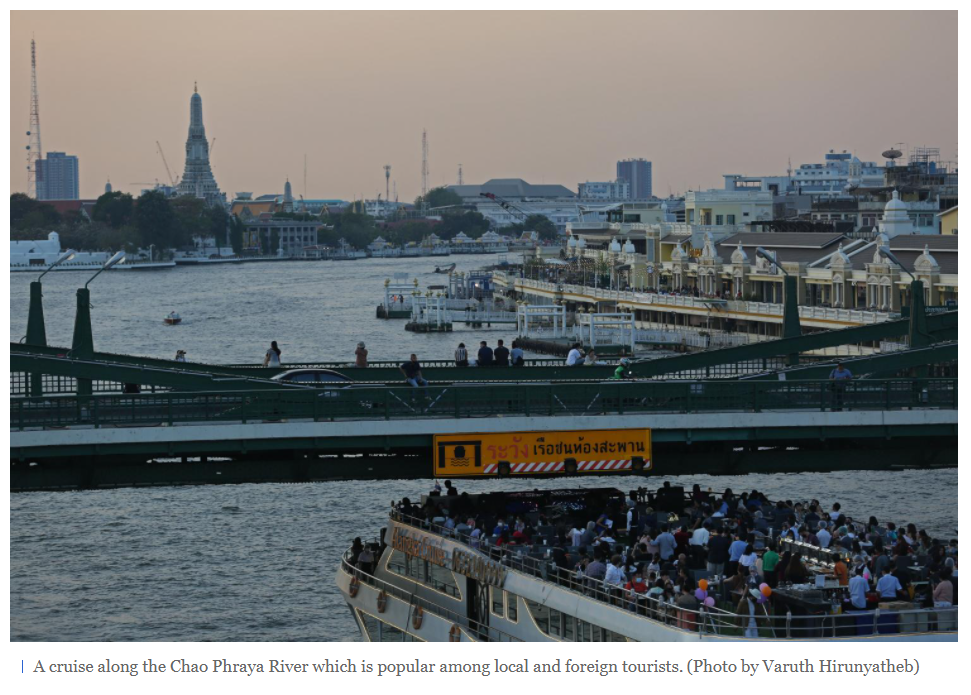Thailand: Concern mounts over gap in GDP inputs
An economist is concerned that a gap in terms of contributions to the country’s gross domestic product (GDP) between tourism-dependent provinces and agriculture-reliant provinces will become wider in the post-pandemic era.
The Fiscal Policy Office’s senior expert on macroeconomic policy, Pongnakorn Pochakorn, said even before the pandemic, there was a huge gap in terms of GDP contribution between the two groups of provinces.
Fifteen provinces account for 70% of the country’s GDP. They are Bangkok and its five surrounding provinces — Samut Prakarn, Samut Sakhon, Nakhon Pathom, Nonthaburi and Pathum Thani — plus Chonburi, Rayong, Chachoengsao, Phuket, Songkhla, Surat Thani, Chiang Mai, Nakhon Ratchasima and Khon Khaen.
The other 62 provinces generate just 30% of the country’s GDP.
The main growth engines of the 15 provinces are the tourism and manufacturing sectors.
The tourism sector in these 15 provinces accounts for 88% of the country’s combined total tourism revenue, manufacturing sector accounts for 72% of the country’s combined manufacturing revenue, the farming sector accounts for just 22% of the country’s combined farming revenue, and trade 77% of the country’s combined trade revenue.
Meanwhile, the tourism sector in the remaining 62 provinces accounts for 12% of the country’s total tourism revenue, manufacturing sector 28% of the country’s total manufacturing revenue, farming sector 78% of the country’s total farming revenue, and trade accounts for 23% of the country’s trade revenue.
Mr Pongnakorn believes that once the outbreak situation improves and Thailand reopens, the economy of the 15 tourism-reliant provinces will pick up quicker than the other 62 provinces even though the tourism provinces have been hit hardest by the pandemic.
The GDP contribution between these groups will not be wide if the 62 provinces can boost productivity by leveraging Covid relief measures being granted by the government.
Source: https://www.bangkokpost.com/business/2122963/concern-mounts-over-gap-in-gdp-inputs


 Thailand
Thailand




